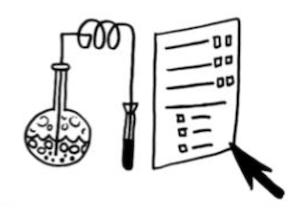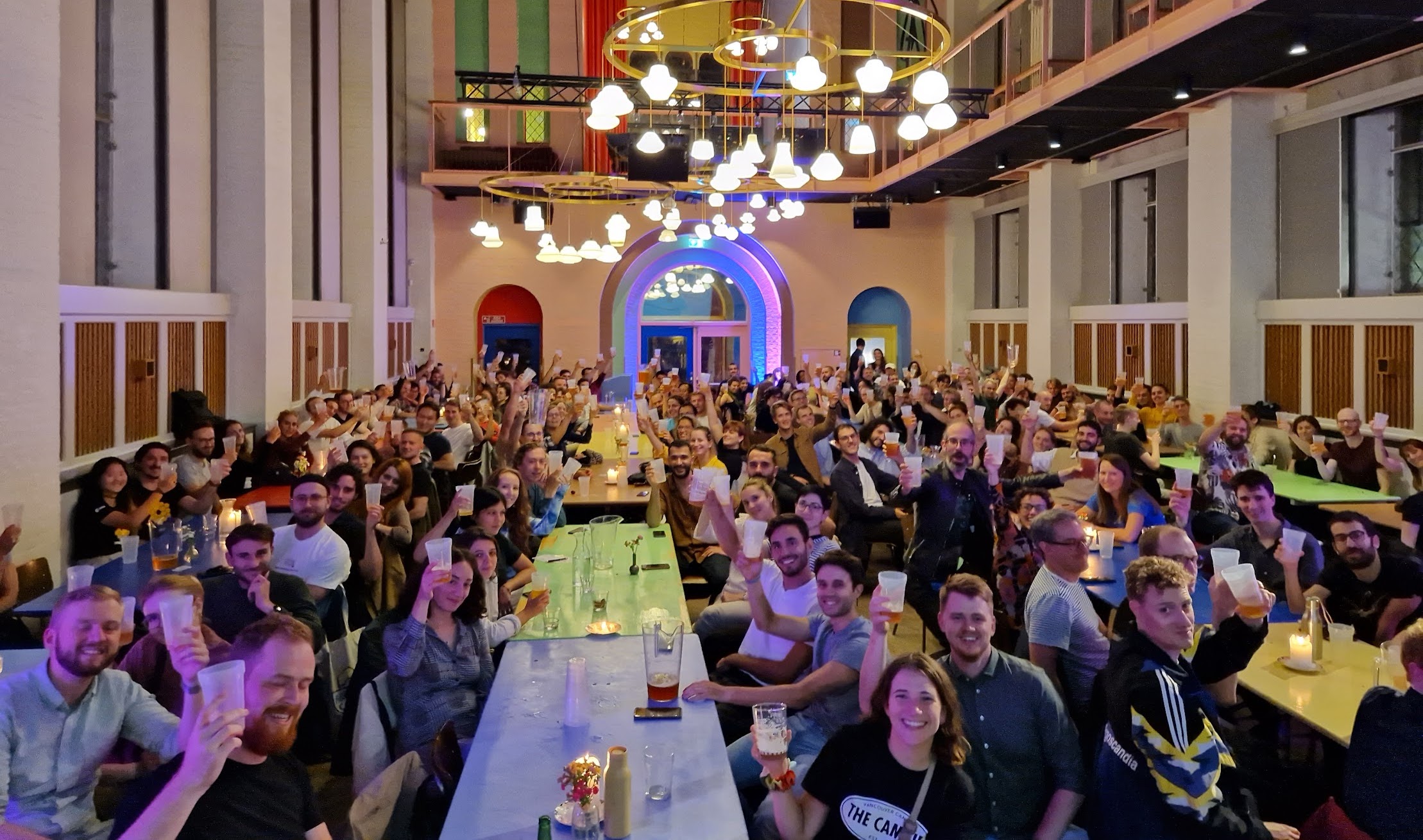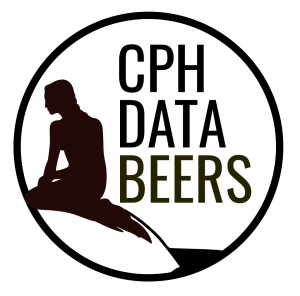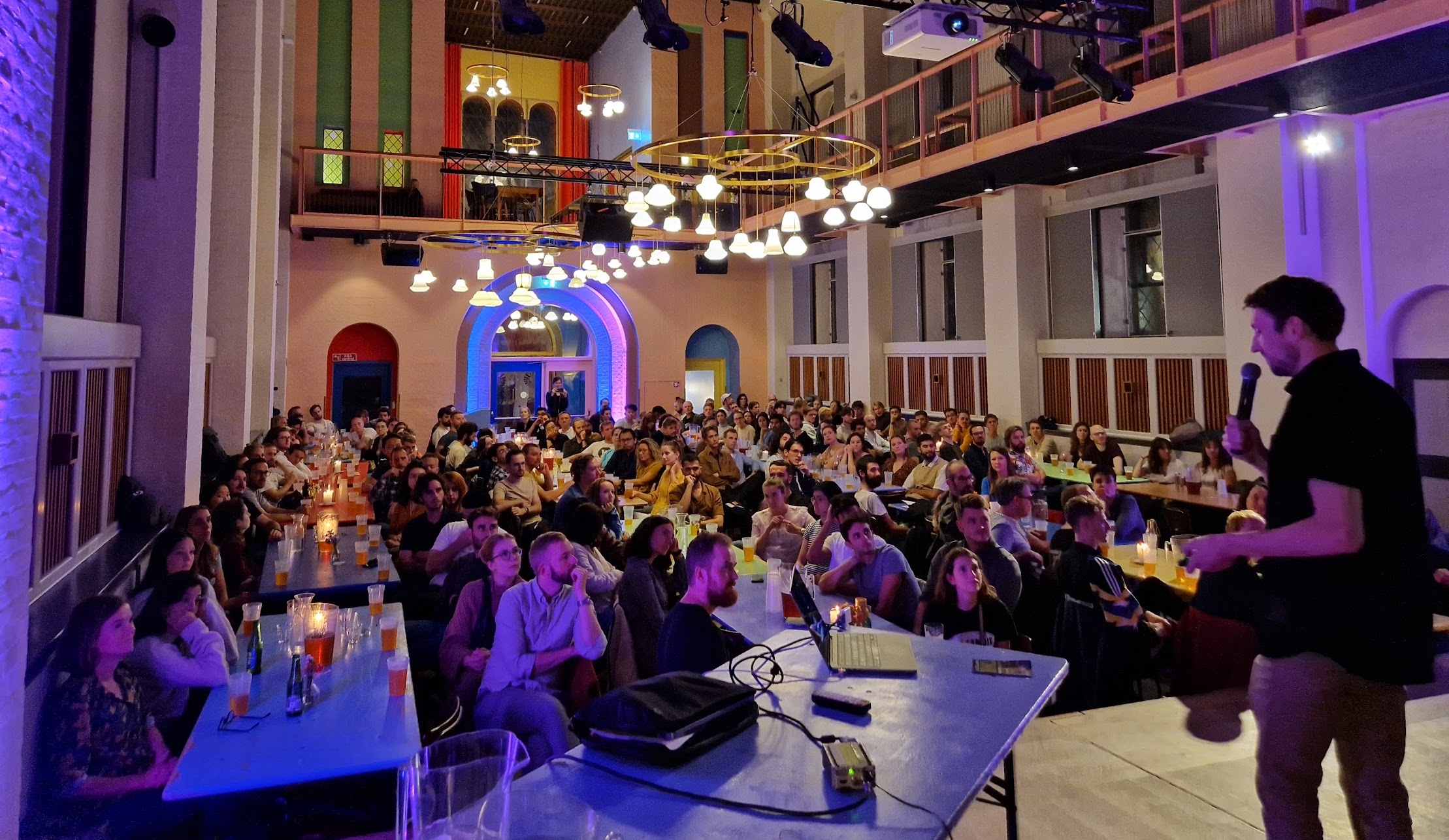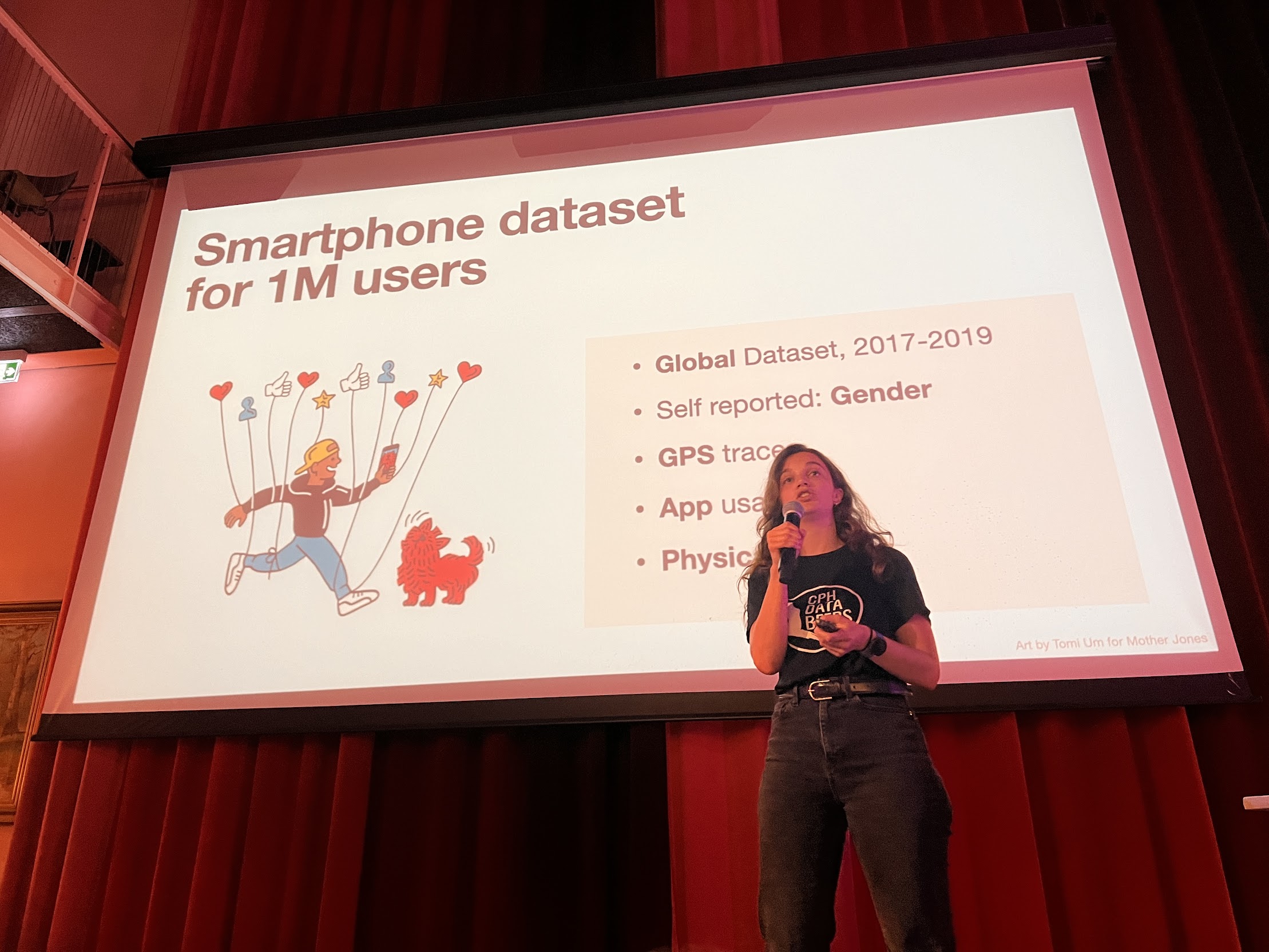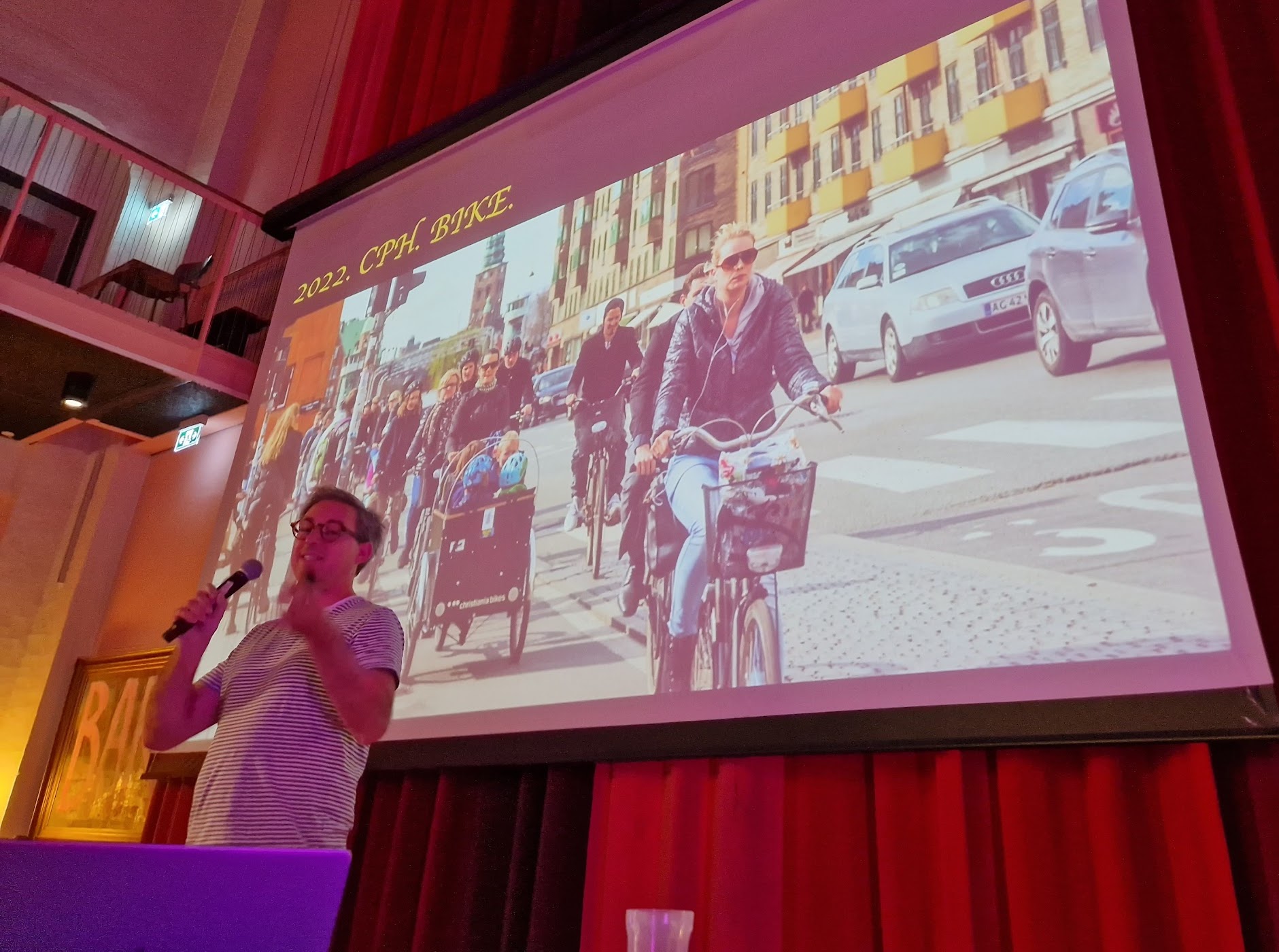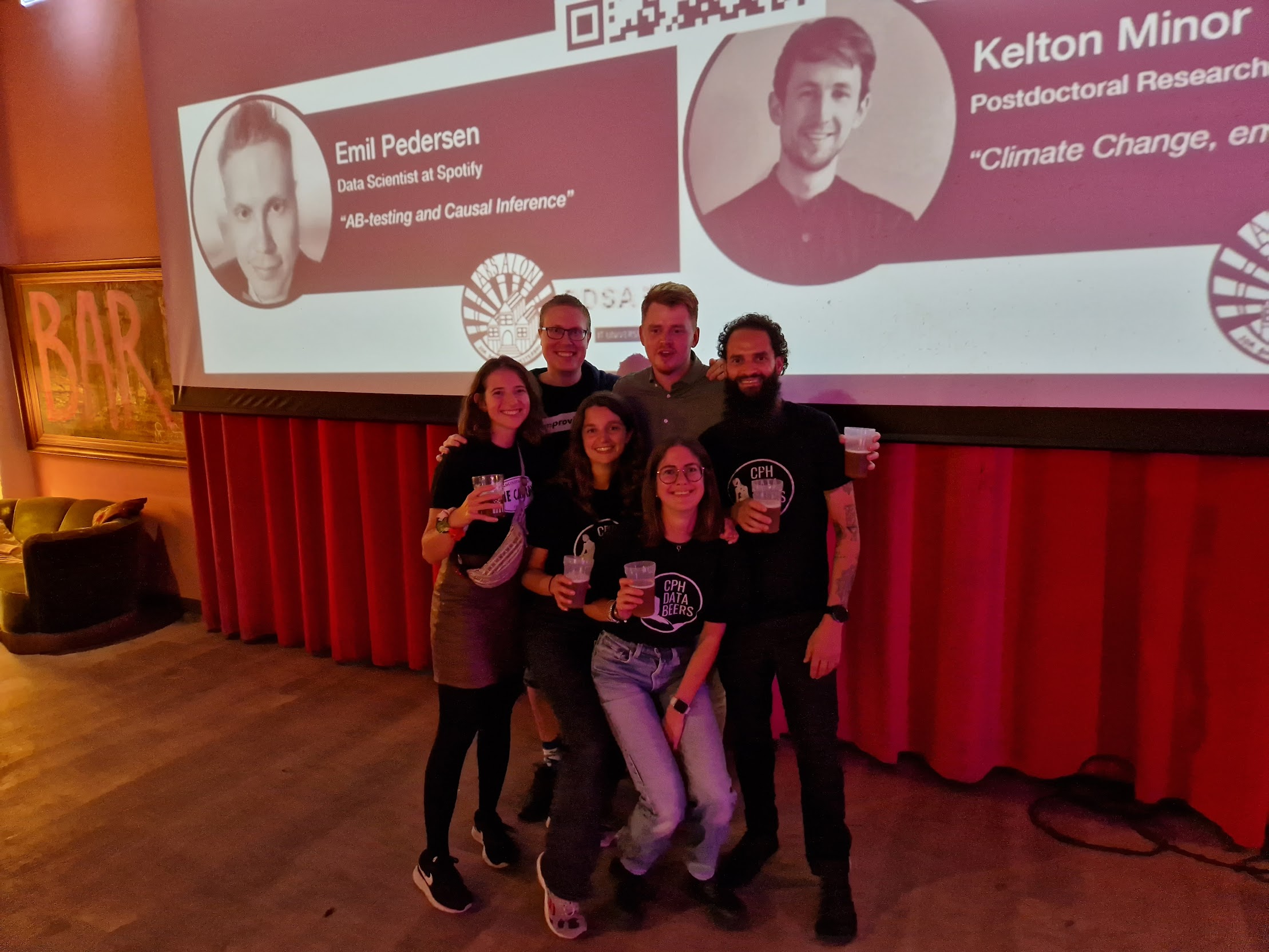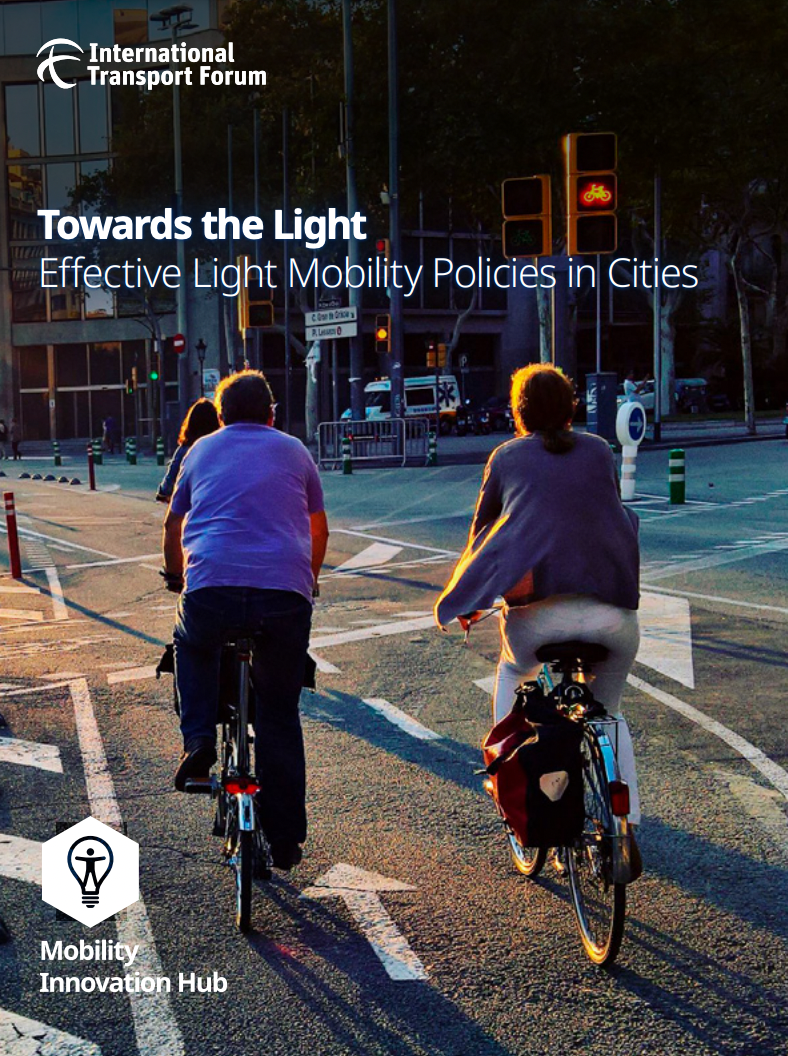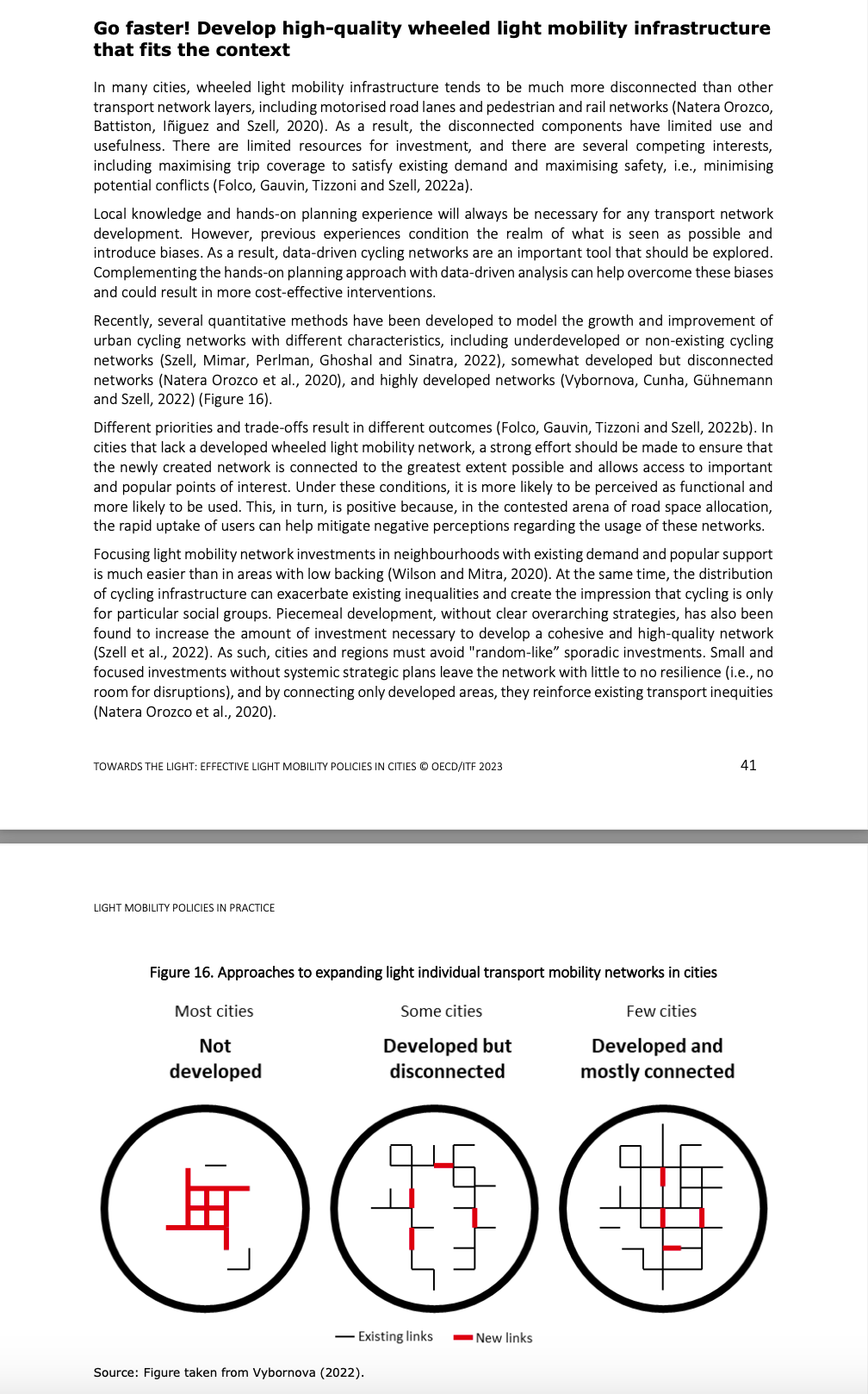 NERDS was founded 5 years ago by three young assistant professors and one associate professor, to be a reference point at ITU for the research on network and data science applications to social systems. At 5 years old, we have learned to write our name (we have a logo), to follow rules, and to use a fork and knife for eating. And hoo boy, did we use that fork last friday when celebrating our anniversary with an original NERDS cake!
NERDS was founded 5 years ago by three young assistant professors and one associate professor, to be a reference point at ITU for the research on network and data science applications to social systems. At 5 years old, we have learned to write our name (we have a logo), to follow rules, and to use a fork and knife for eating. And hoo boy, did we use that fork last friday when celebrating our anniversary with an original NERDS cake!
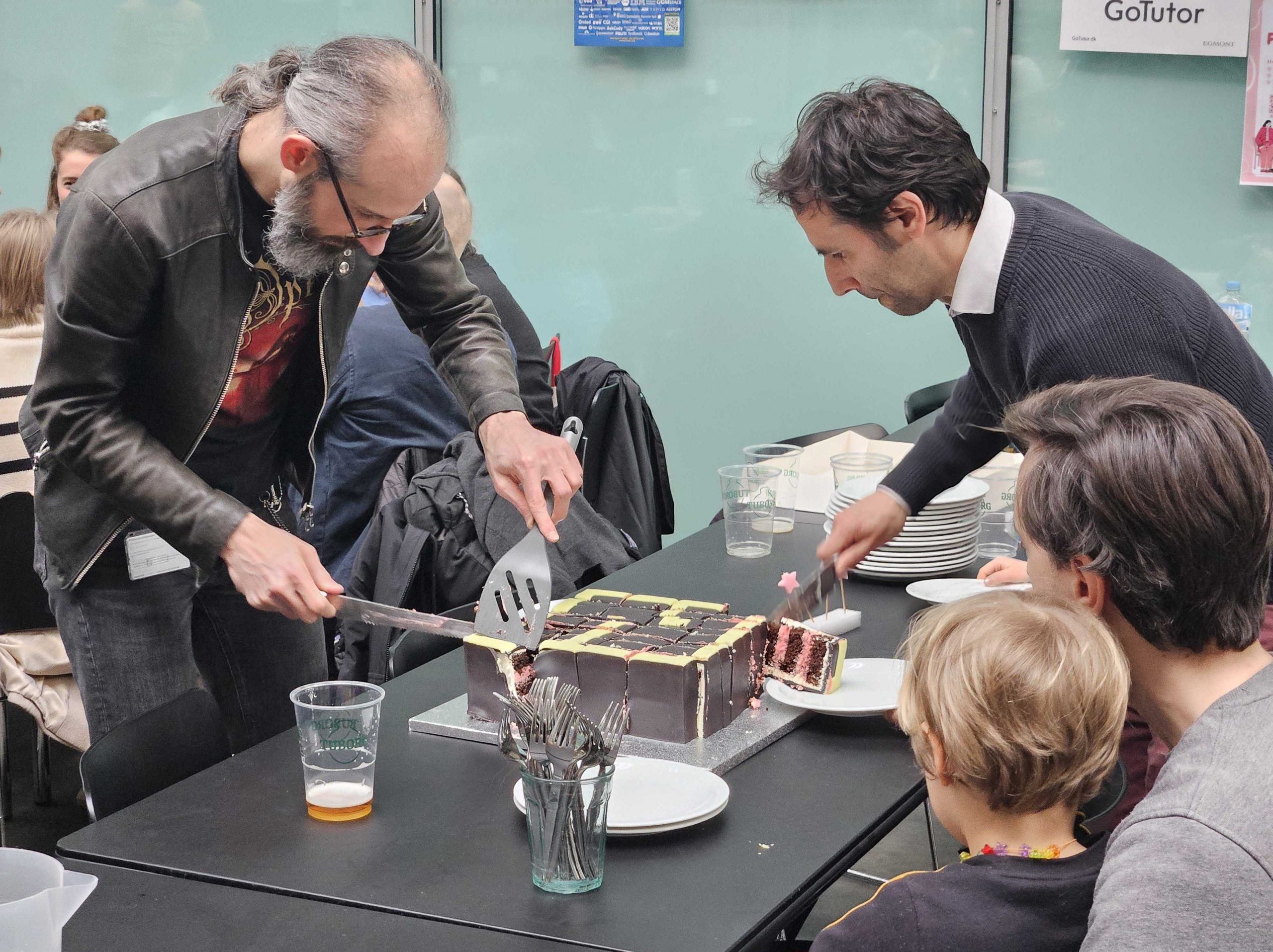
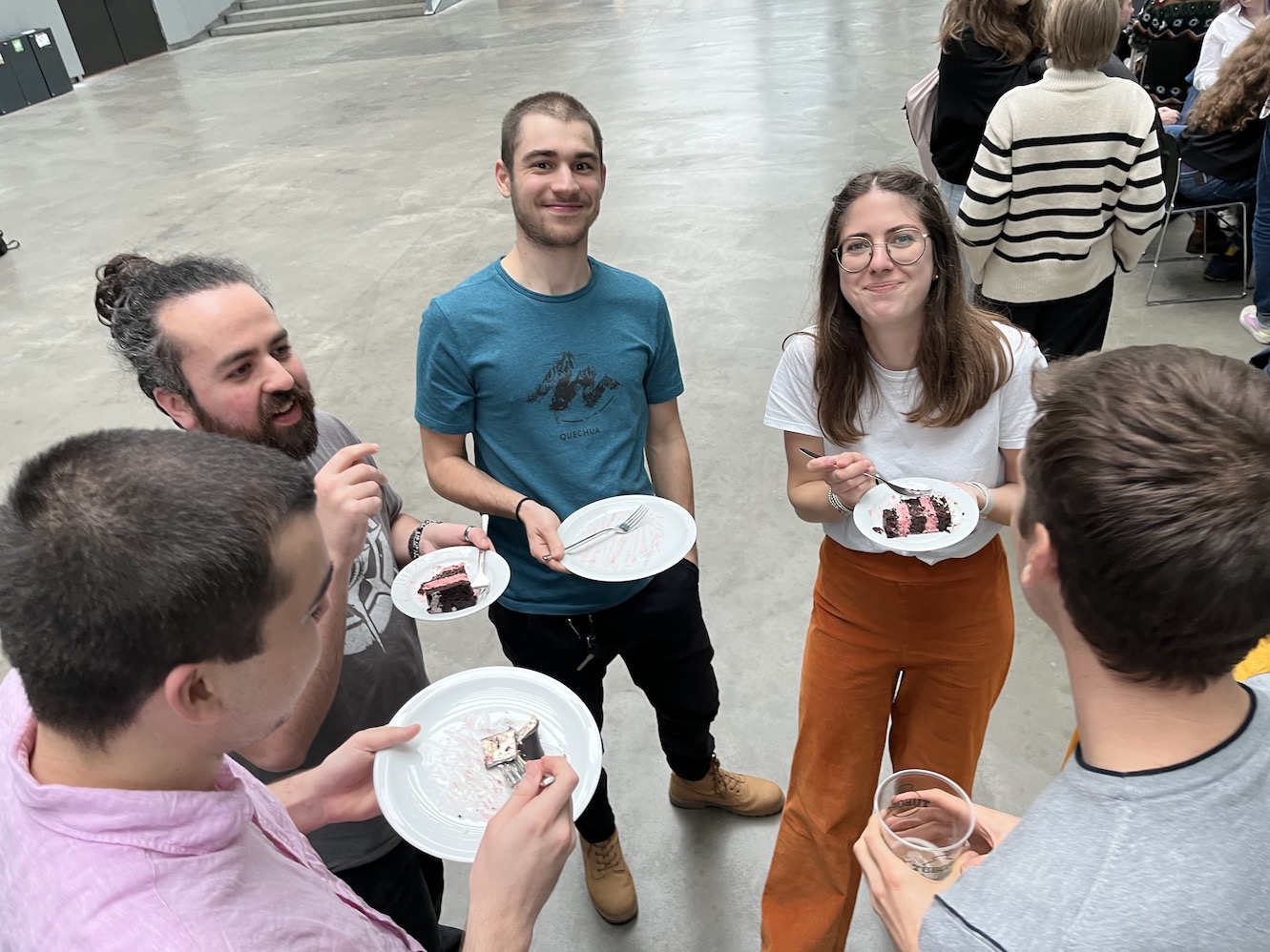
We also got new group photos taken (by Sebastian Mateos Nicolajsen – thx!), see below, because we have grown to 20+ members over the years! For all bean counting aficionados, we also won over 5M EUR of research funding and published 84 papers so far.
Further highlights, shown in the timeline above. We:
- brought DataBeers to Copenhagen
- published a book on network science
- were interviewed by William Shatner aka Captain Kirk
- are co-leading the Pioneer Centre for AI
- won the best research environment prize
- co-organized IC2S2 in Copenhagen
Looking back to our goals 5 years ago, we have all reason to be proud to have 1) built up a flourishing network of Denmark-based network/data science research groups, connecting ITU, KU, DTU, and others, 2) successfully impressed several funding agencies and public stakeholders to engage with us solving societal problems with our research. We will continue along this road, developing further our group in a safe and fun environment.
In our near future, we look forward to welcoming several new group members in the fall, including one assistant professor and several PhDs/Postdocs.
Live long and prosper 🖖
Luca, Luigi, Roberta, Claudia, Anastassia, Jacob, Vedran, Sandro, Anders, Michele, Anders 2, Ane, Toine, Mesut, Luca 2, Michael, Arianna, Clement, Elisabetta, Alessia, Jacopo, Daniele, Nicoló
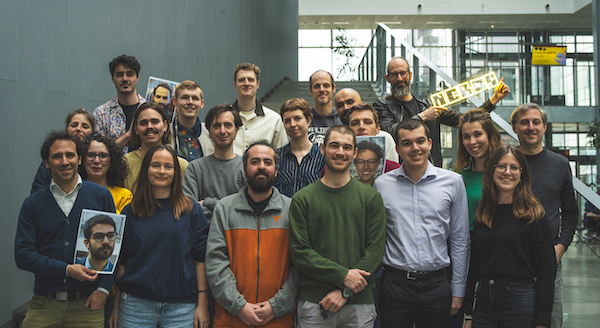

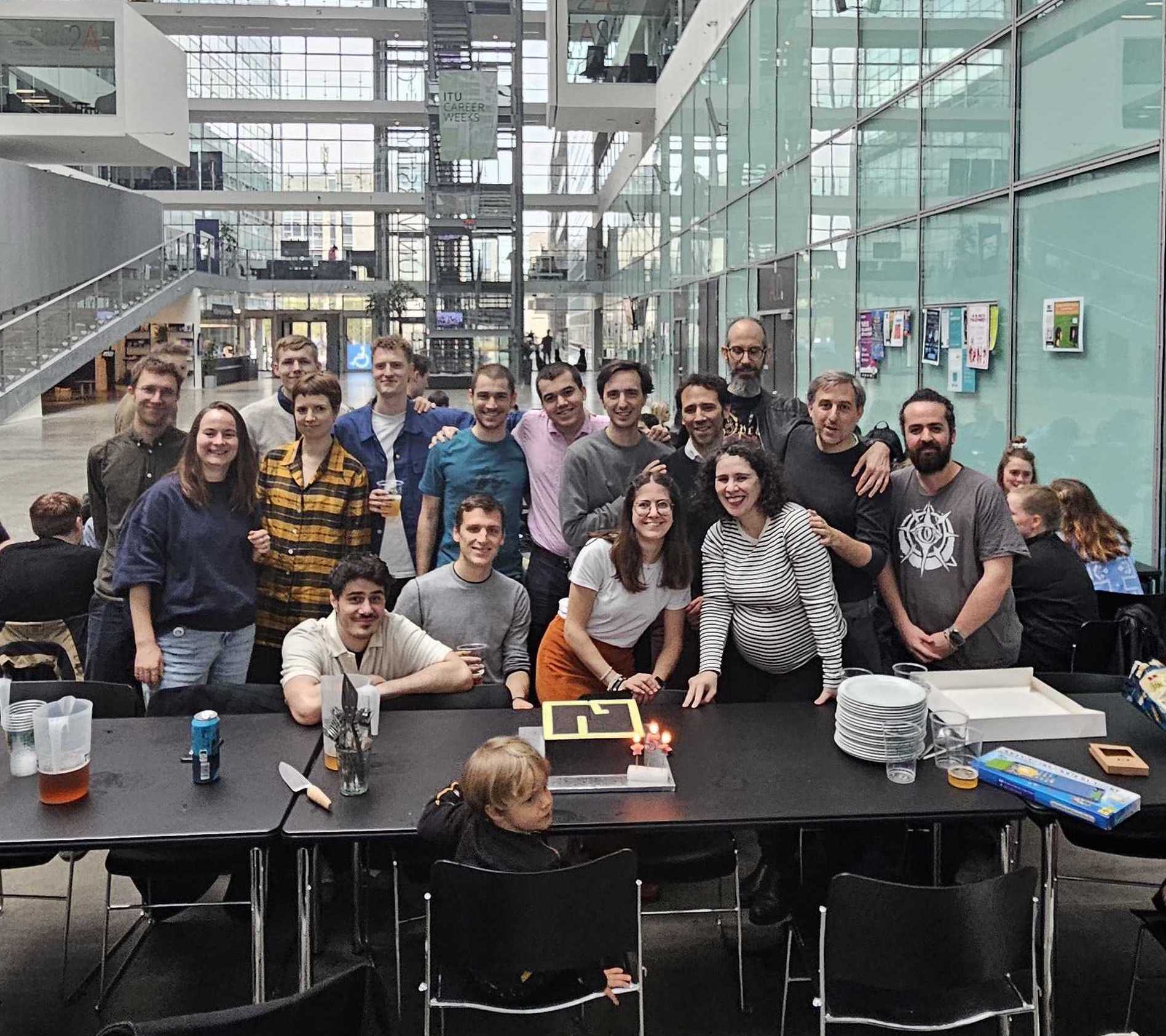
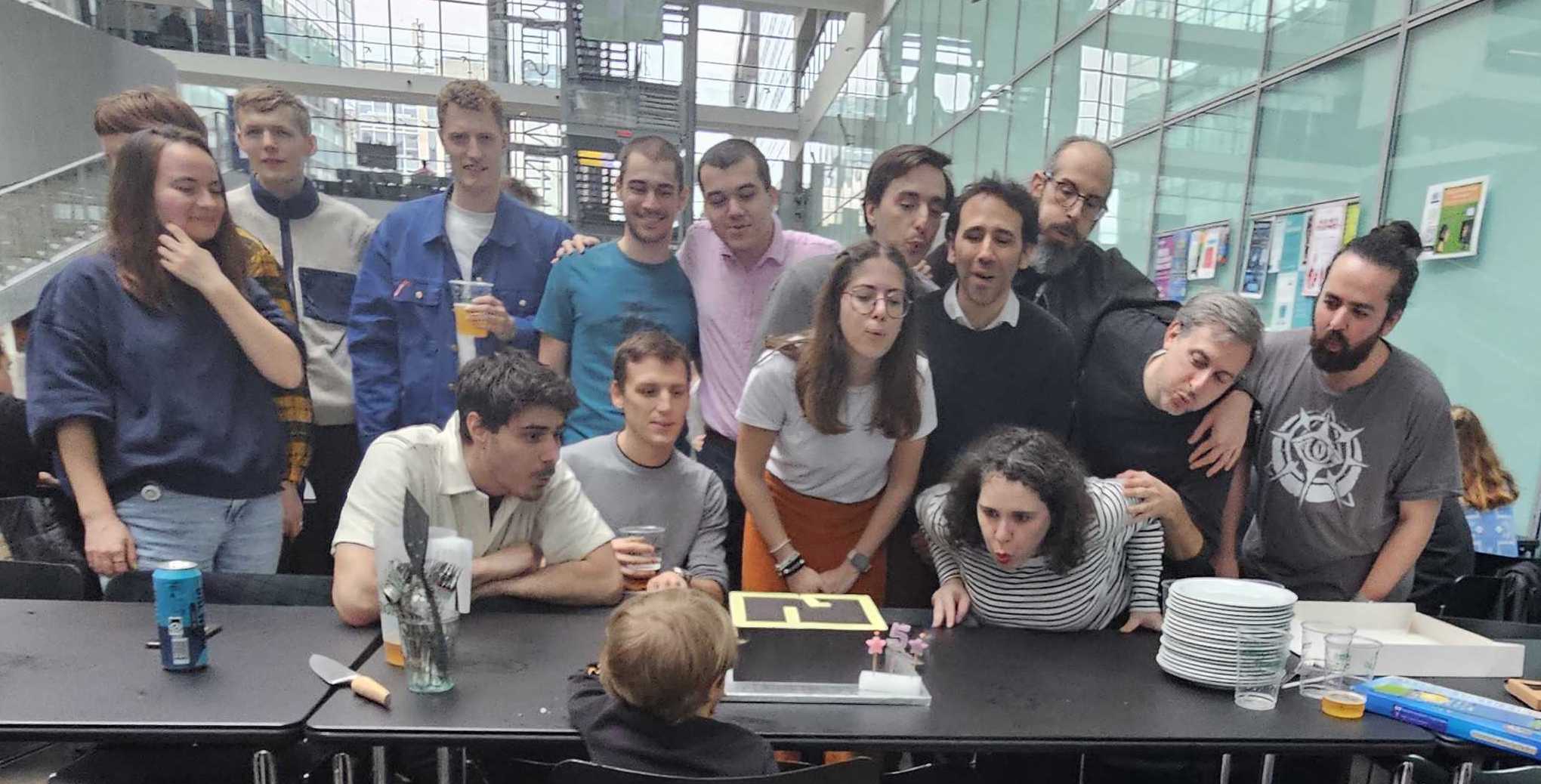
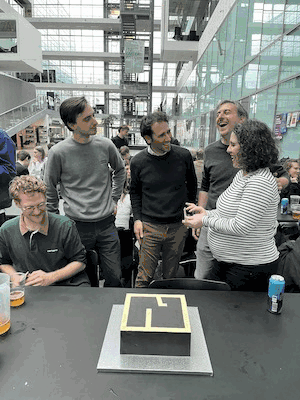
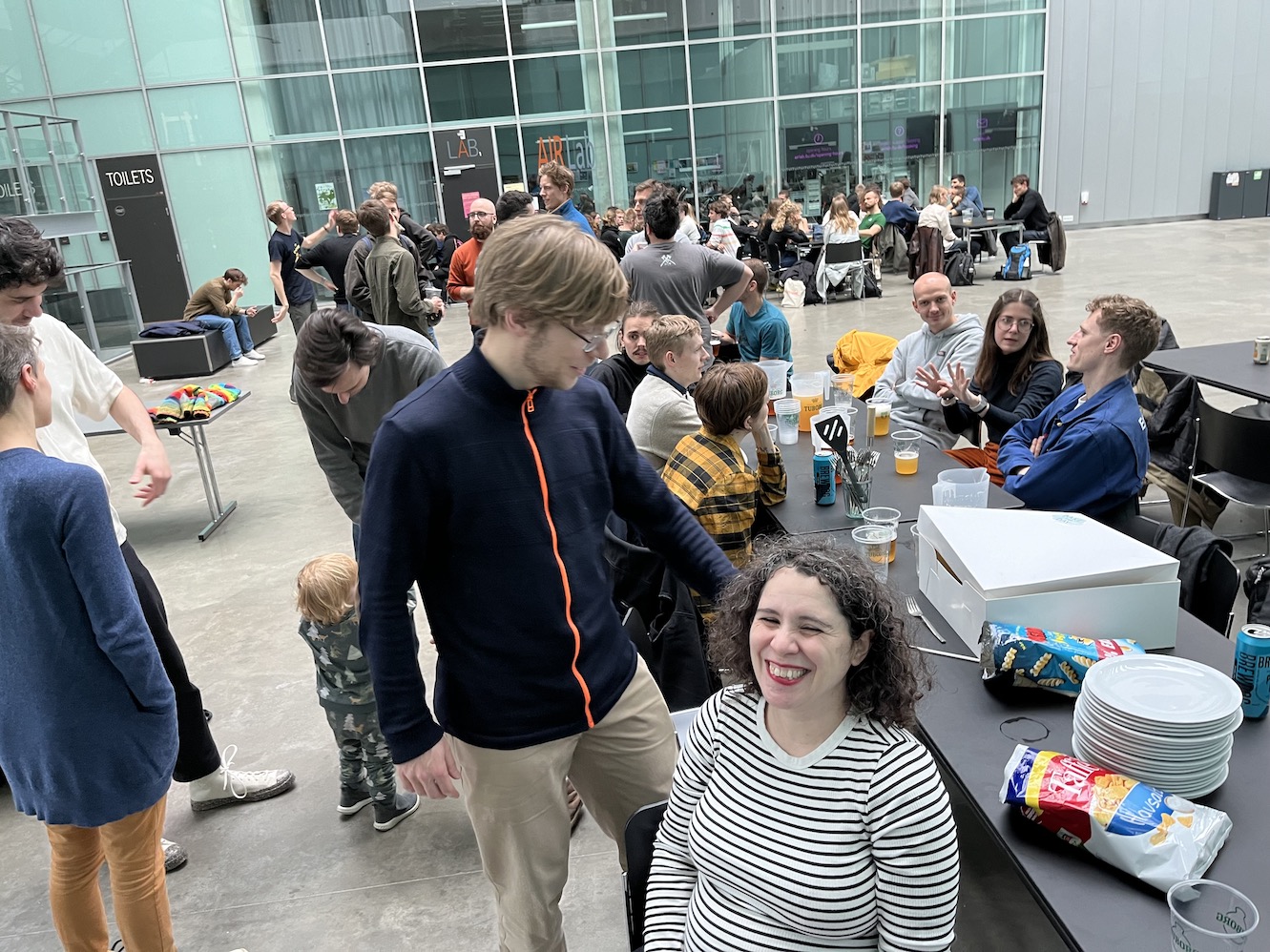
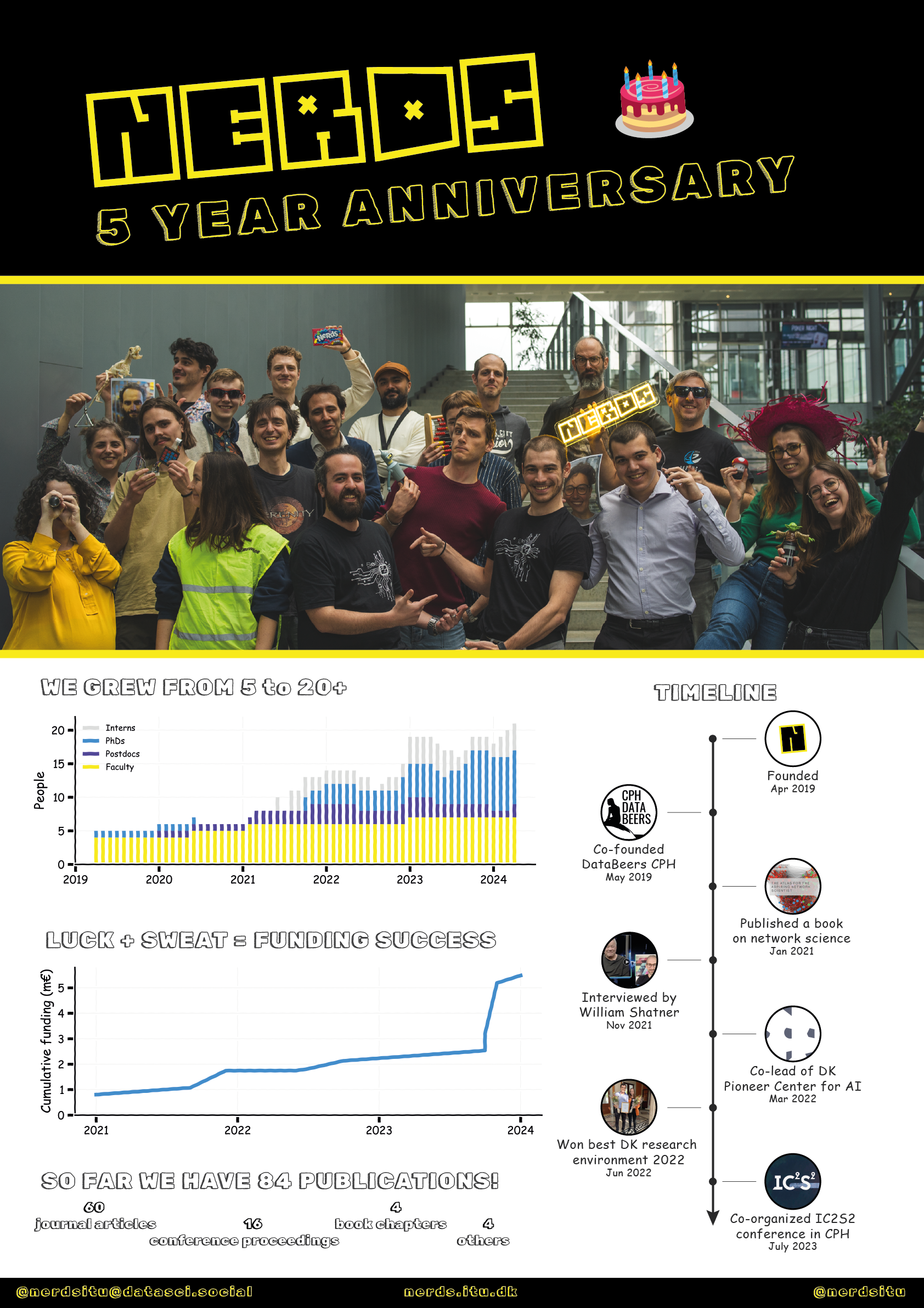
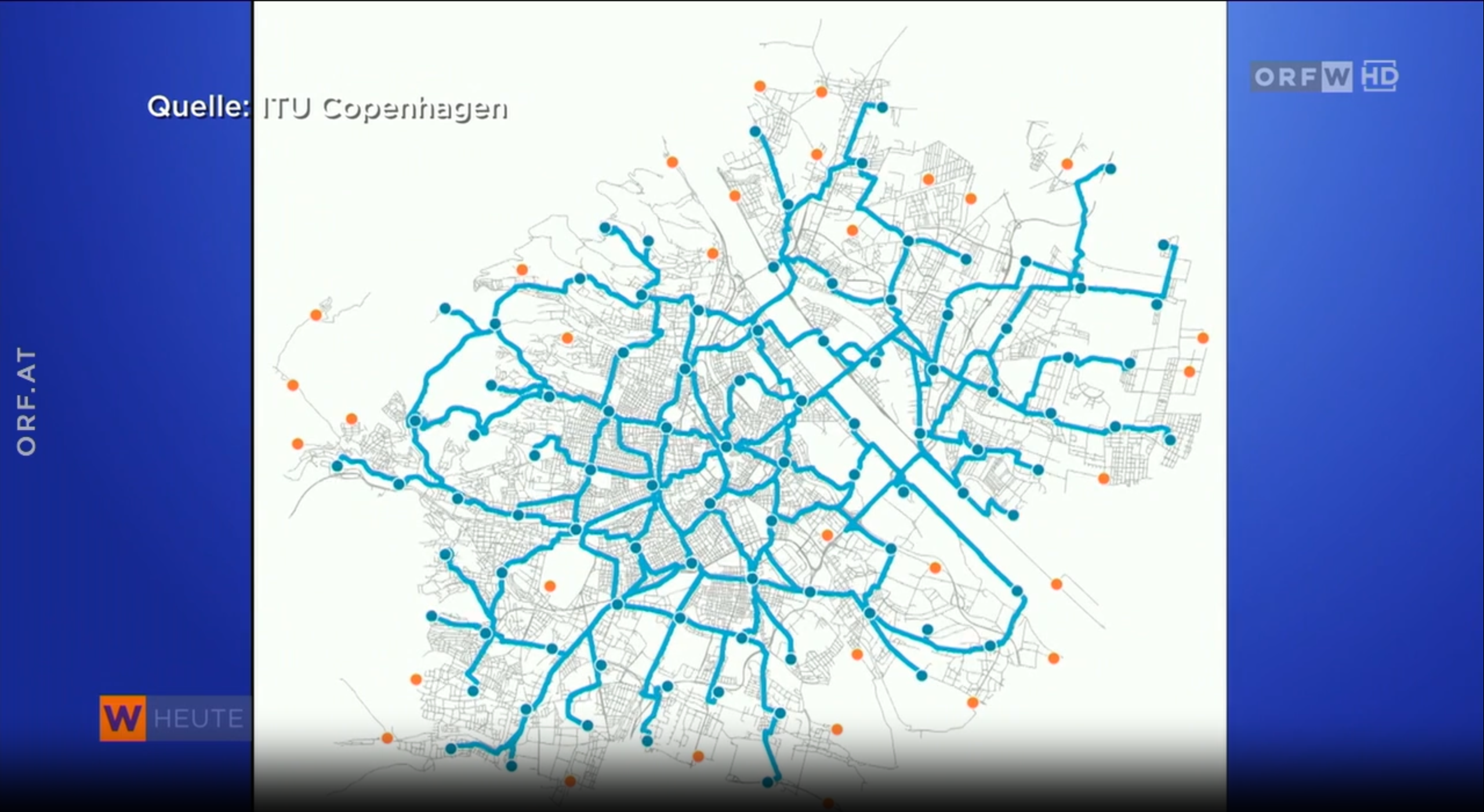
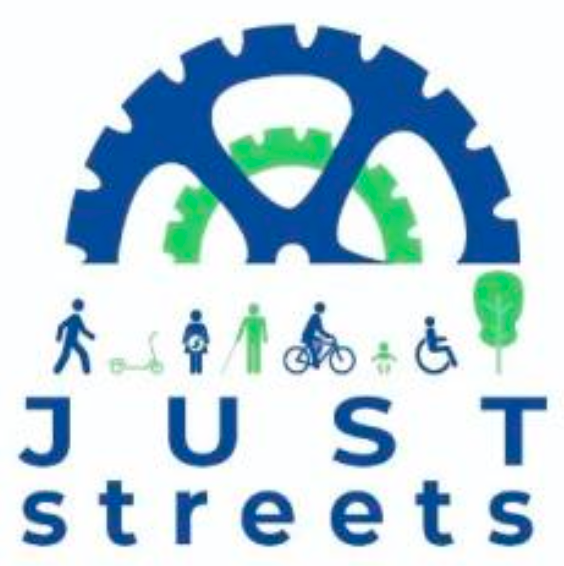 that has just started! The consortium includes 12 European cities representing more than 4.5 million citizens. The project aims to transform cities’ car-centered mobility narratives that take for granted that streets are for motorized traffic only, to promote walking, cycling and other active modes of mobility.
that has just started! The consortium includes 12 European cities representing more than 4.5 million citizens. The project aims to transform cities’ car-centered mobility narratives that take for granted that streets are for motorized traffic only, to promote walking, cycling and other active modes of mobility.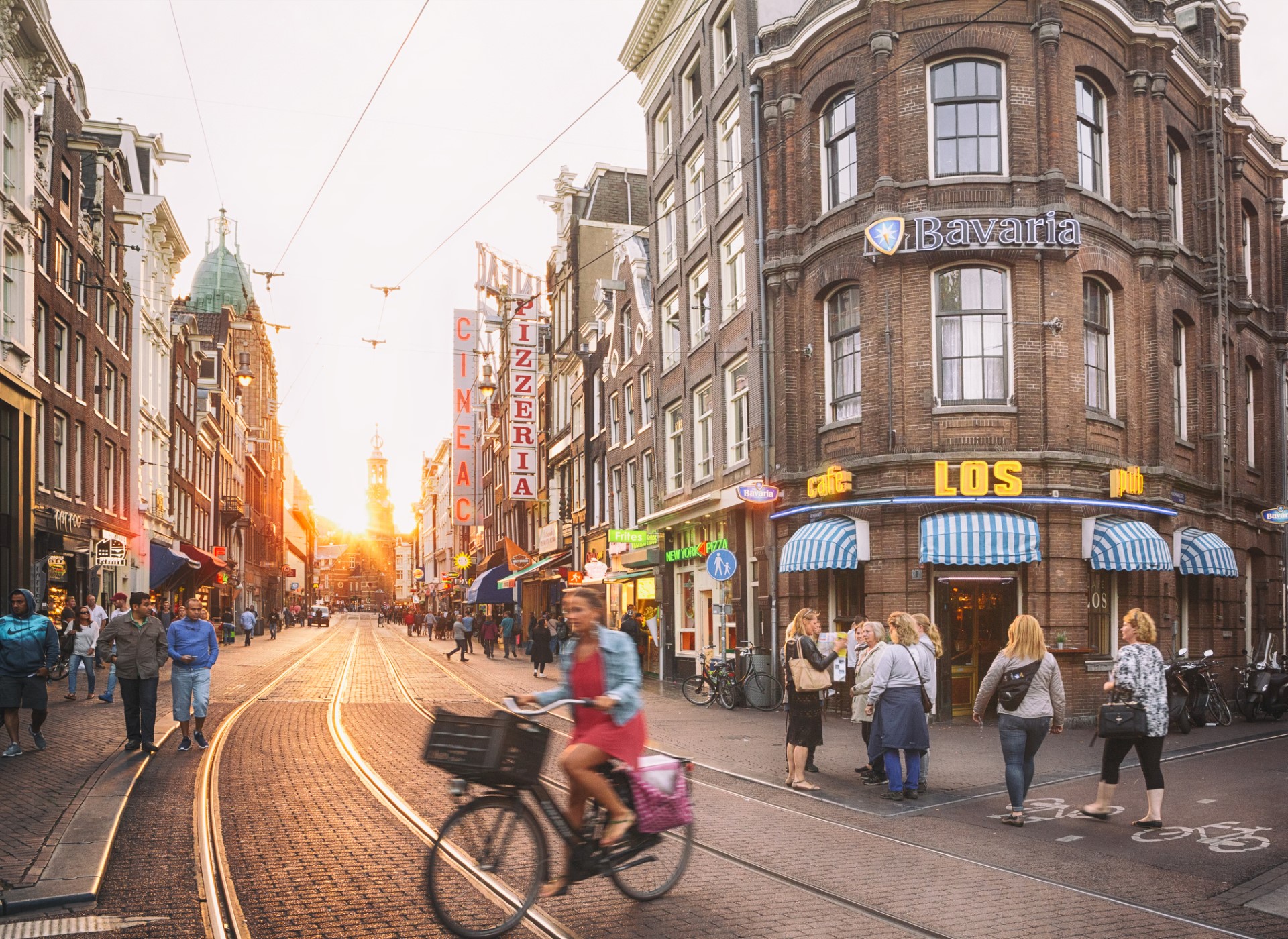
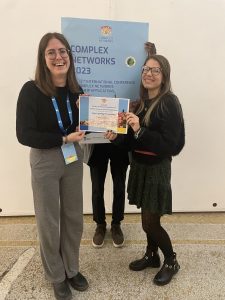
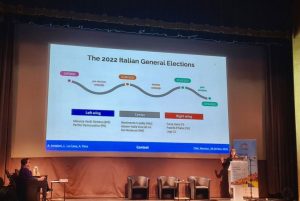
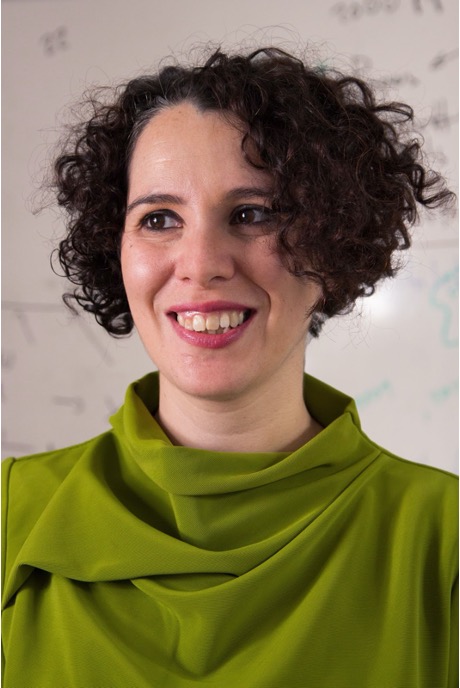
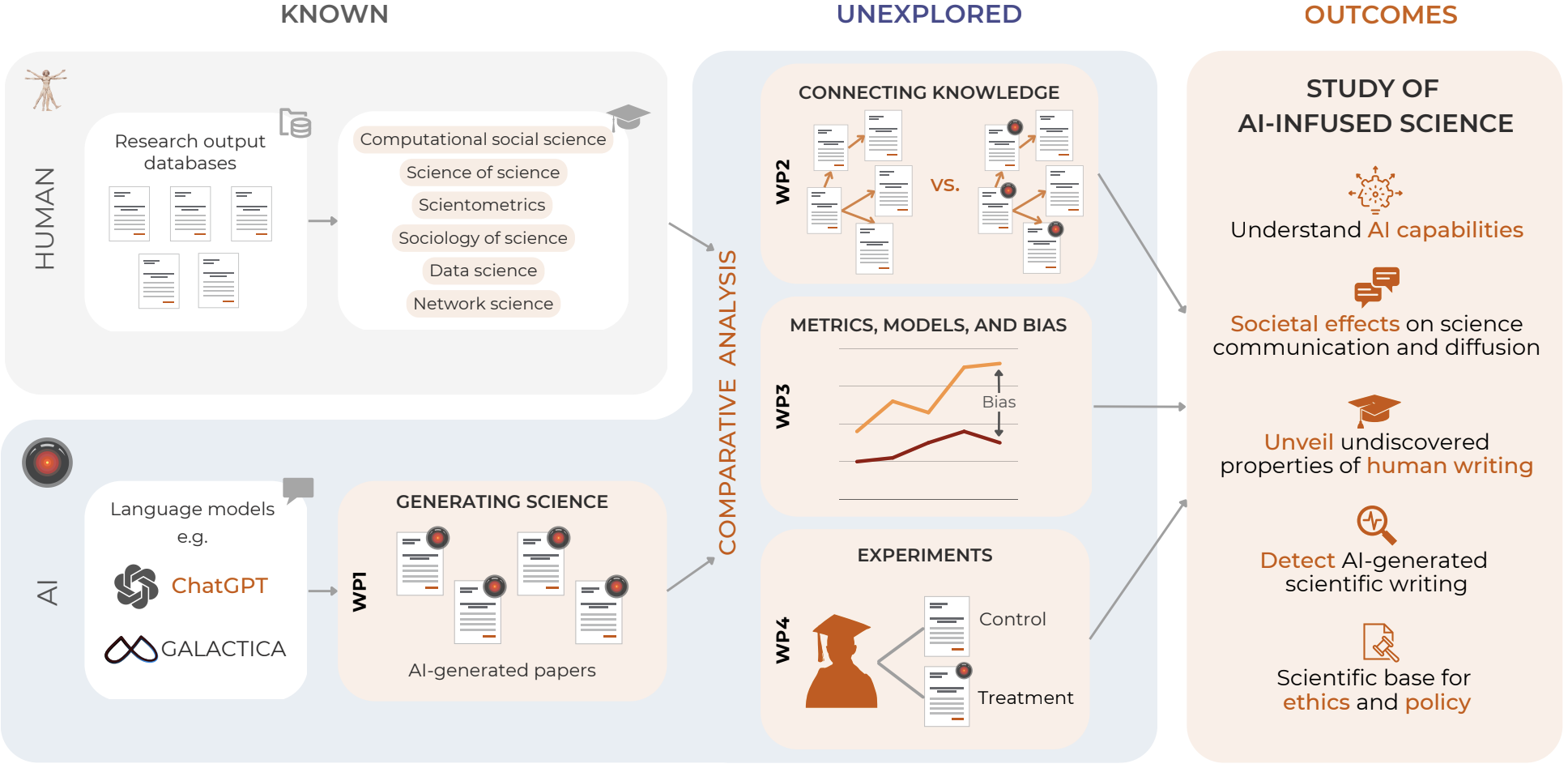
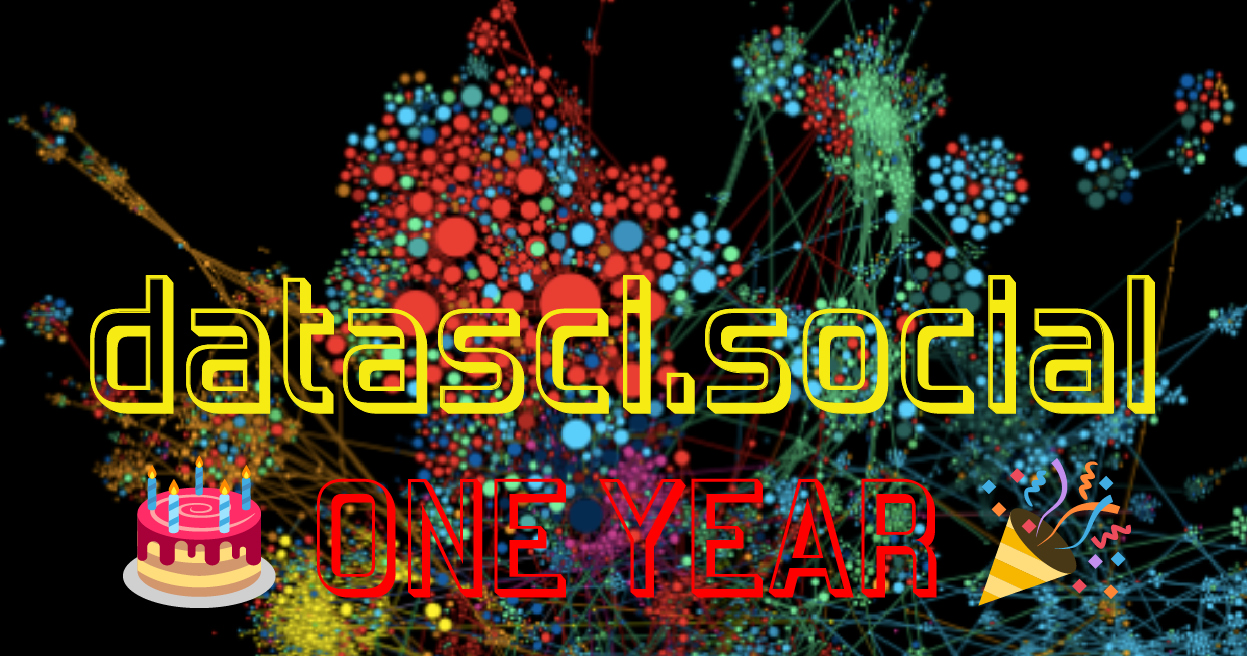
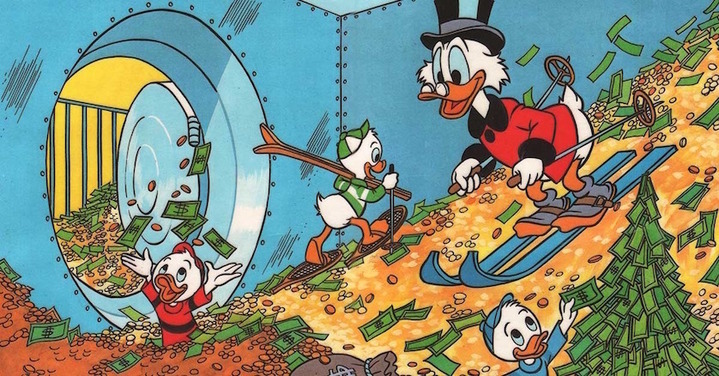 Current view from the NERDS lair
Current view from the NERDS lair
